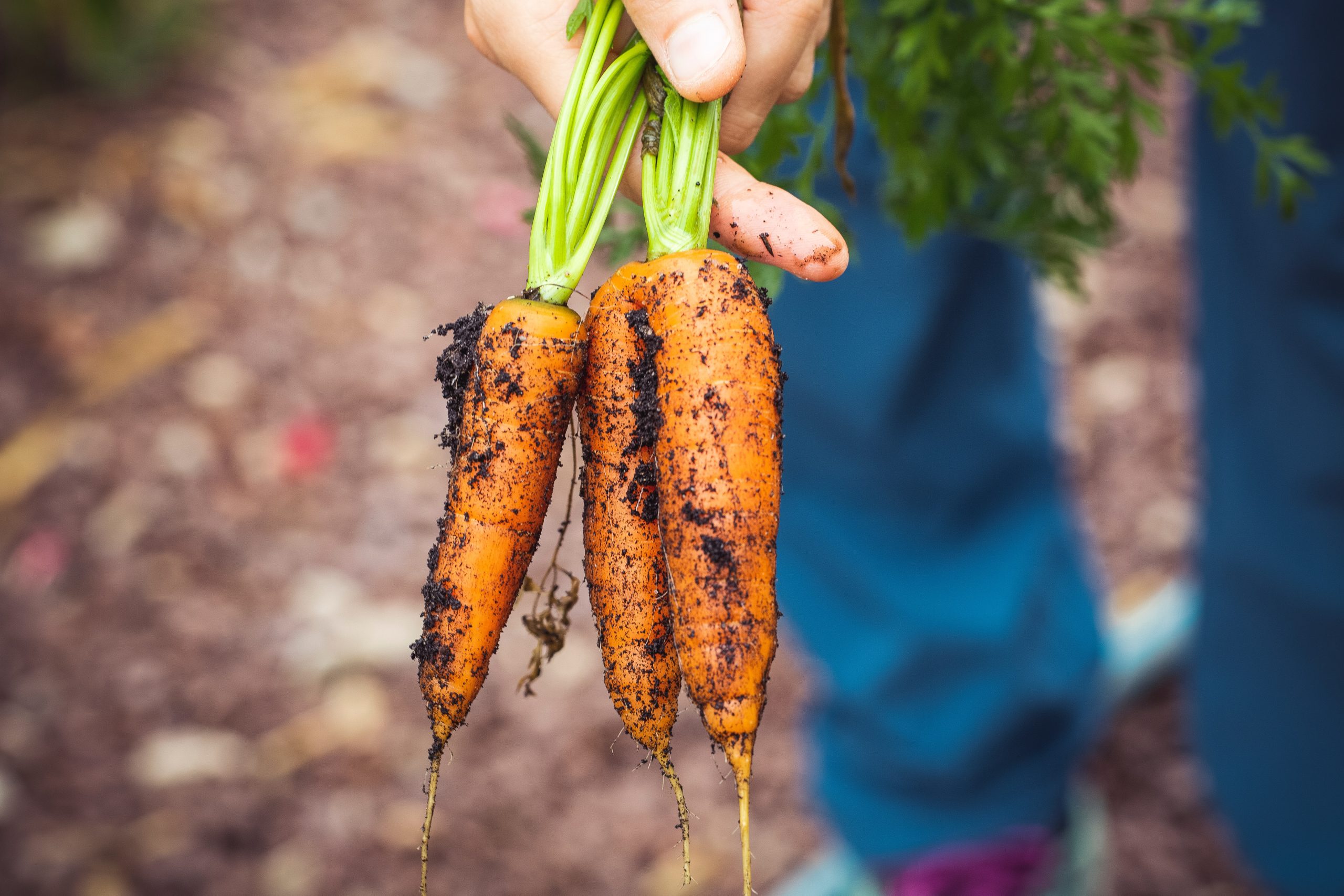Plants have been used for medicinal purposes for thousands of years. From ancient civilizations to modern times, people have relied on the healing properties of plants to treat a variety of ailments. In recent years, there has been a renewed interest in the use of medicinal plants as a natural alternative to traditional medicine. In this article, we will explore the benefits of medicinal plants and how they can improve your health.
What are Medicinal Plants?
Medicinal plants are plants that have been used for medicinal purposes. They contain compounds that have therapeutic properties and can be used to treat a variety of ailments. Medicinal plants can be found in nature or can be grown in a garden. They can be used in their natural form or can be processed into medicines, supplements, or other products.
Benefits of Medicinal Plants
Medicinal plants offer a variety of benefits for your health. They can be used to treat a wide range of conditions, from minor ailments to chronic diseases. Here are some of the benefits of medicinal plants:
1. Natural and Safe: Medicinal plants are a natural alternative to traditional medicine. They are generally safe and have fewer side effects than prescription drugs.
2. Affordable: Medicinal plants are often more affordable than prescription drugs. They can be grown in a garden or purchased at a health food store.
3. Effective: Medicinal plants have been used for thousands of years to treat a variety of ailments. They have been scientifically proven to be effective in treating many conditions.
4. Versatile: Medicinal plants can be used in a variety of forms, including teas, tinctures, capsules, and creams. They can be used to treat a wide range of conditions, from minor ailments to chronic diseases.
5. Sustainable: Medicinal plants can be grown in a garden or harvested from the wild. They are a sustainable source of medicine that does not rely on synthetic chemicals or pharmaceuticals.
Examples of Medicinal Plants
There are many medicinal plants that can be used to improve your health. Here are some examples:
1. Aloe Vera: Aloe vera is a succulent plant that has been used for centuries to treat burns, wounds, and other skin conditions. It contains compounds that have anti-inflammatory and antibacterial properties.
2. Echinacea: Echinacea is a flowering plant that has been used to boost the immune system and treat colds, flu, and other respiratory infections. It contains compounds that have antiviral and immune-stimulating properties.
3. Ginger: Ginger is a root that has been used to treat nausea, vomiting, and other digestive issues. It contains compounds that have anti-inflammatory and antioxidant properties.
4. Lavender: Lavender is a flowering plant that has been used to treat anxiety, insomnia, and other mental health conditions. It contains compounds that have calming and sedative properties.
5. Turmeric: Turmeric is a root that has been used to treat inflammation, arthritis, and other chronic conditions. It contains compounds that have anti-inflammatory and antioxidant properties.
Conclusion
Medicinal plants offer a natural and safe alternative to traditional medicine. They have been used for thousands of years to treat a variety of ailments and have been scientifically proven to be effective. Medicinal plants are affordable, versatile, and sustainable. Whether you grow them in your garden or purchase them at a health food store, medicinal plants can improve your health and well-being.




